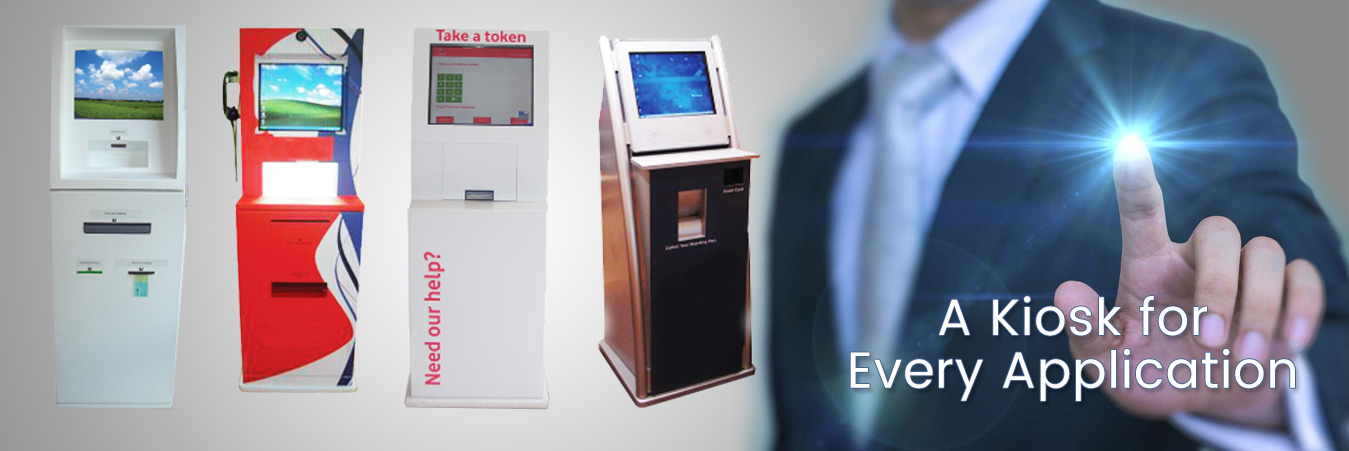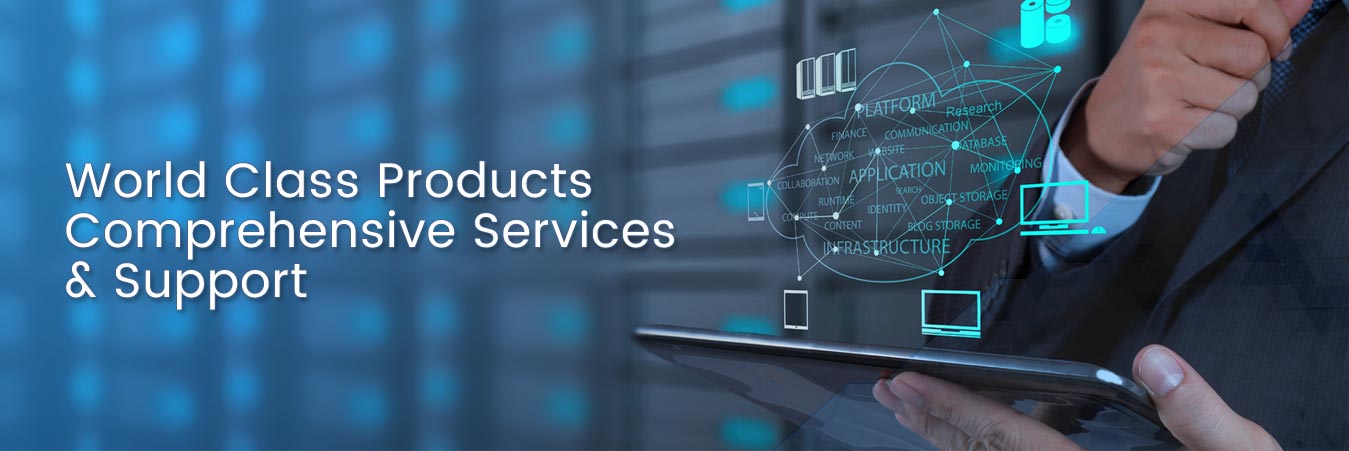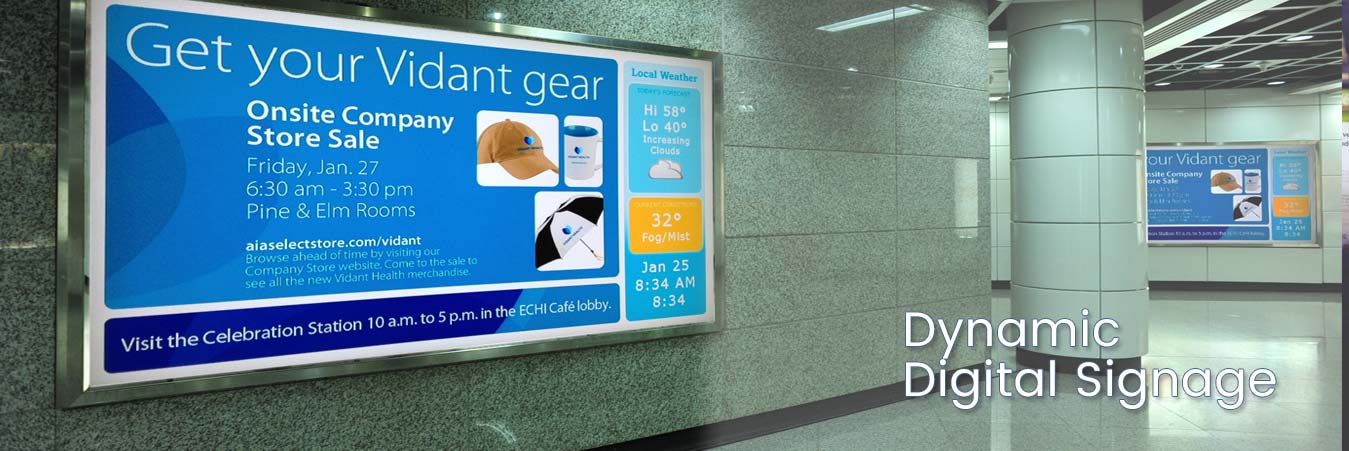Retail
Self-service is possibly best known for its retail applications, with many high-street retailers now making extensive use of all that kiosks have to offer, and reaping in the benefits – and the profit! The scope for self-service retail solutions is rapidly increasing as customers become more familiar with the technology and more prepared to Choose a kiosk over a manned till.
Some examples of the solutions offered by kiosks in retail include:
Shop-in-Shop Kiosk
Loyalty card Terminal
Price checker Terminal
Photo Kiosk
VAS kiosk
Use of self-service in retail can increase revenue by cutting down on staff costs, decrease pressure on staff, decrease waiting times for customers and serve at unsociable hours. They also impact hugely on customer satisfaction by giving customers the ability to service themselves quickly and easily, getting what they want, when they want it.
Banking And Finance
Retail banks, mortgage banks, money/currency services, etc
Self-service really started with the ATM, which provided an easy way for customers to access their account, without having to queue for a teller. Self-service in banking has now moved far beyond the ATM, as more and more banks find out how kiosks in branches can help their business.
Some examples of the solutions offered by kiosks in banking and finance include:
Information and Transaction Kiosk
Queue Managemnt Kiosk
NetBanking Kiosk
NetTrading Kiosk
Utlity Payment Kiosk
Cash Dispensing Kiosk
Feedback Management Kiosk
Lead Generation Kiosk
In a busy environment where customers often have just minutes to complete important transactions, kiosks can provide efficient customer service while freeing up customer service advisors to deal with those who need further attention. In this way customer service is improved throughout the branch, for all customers, at a greatly reduced cost
Travel And Tourism
Airports/airlines, railway, bus and coach operators, travel agencies, tourism councils, petrol stations, car hire, etc.
The travel industry is an intensely pressurised business, with millions of people travelling every day. In a business that places such demand on high-speed, top-notch customer service, the kiosk can provide the ideal solution, both by providing a maximally efficient means of serving travellers in a number of capacities, and by simultaneously providing them with the kind of service that can only be offered by a kiosk – one which customers feel is fair and without prejudice.
Some examples of kiosk solutions in travel & tourism include:
Check-In Kiosk / Boarding Pass Kiosk
Information / e-Ticketing Kiosk
Loyalty Program Kiosk
Self check-in has already become extremely successful in many of Europe’s airports, and kiosks have given an enormous boost to the travel industry, dramatically speeding up the process of getting from one place to another, and providing heightened customer satisfaction.
Telecom
Mobile phone operators, network provider, ISPs, etc.
One of the fastest-moving industries there is, telecommunications can certainly benefit from fast-moving customer service which is always up-to-date, reliably informed and available.
Some examples of the solutions offered by kiosks in telecommunications include:
Queue Managemnt Kiosk
Bill-Payment and e-Top Up Kiosk
VAS Kiosk
Telecommunications and self-service would seem to go hand-in-hand, with kiosks providing remote access to a wide range of telecommunications products and services. However, self-service terminals can also benefit major telecommunications retailers, reducing store ‘walkaways’ by providing instant information about telecommunications devices (for instance, mobile phones) when sales assistants are unavailable or busy. They can also promote special offers and offer exclusive custom content, offering a way to gain an entirely new set of customers.
Hospitality
Hotels, non-fast-food restaurants, restaurant chains, etc.
In hospitality, self-service really comes into its own, allowing customers to look after themselves (thereby always ensuring that their individual needs can be met to the highest degree),and freeing staff to spend more time with customers who really need their help.
Some examples of the solutions offered by kiosks in hospitality include:
• Self check-in terminals for hotels, allowing customers to check themselves in electronically rather than queuing
• Automated arrivals kiosks for conferences, where clients can register their arrival, print out tickets, etc
• Reservation booking terminals for restaurants, enabling diners to reserve a table and order food in advance
• Fast food & drinks order terminals, where customers order and pay before collecting their meal
• Electronic menus, allowing the diner to choose at the table and transmit their order directly to the kitchens.
By allowing customers to take control and make their own choices through self-service, customer satisfaction is absolutely assured. When a customer has a problem that requires human resolution, staff can focus completely on the problem at hand because of the reduced pressure on their time.
Healthcare
Hospitals, pharmacies, doctors’ surgeries, etc.
In an industry where face-to-face care is all important, it might be thought that self-service would not play an important role, but the opposite is more often true, as self-service can help to promote a better quality of personal care and understanding.
Some examples of the solutions offered by kiosks for healthcare include:
• Automated arrival terminals, where patients can check themselves in
• Appointment booking kiosks, for patients to make or view appointments
• Health information terminals, which provide general health information and give answers to common questions
• Patient records terminals, allowing patients to check their medical records
The kiosk can play a major role in providing a trustworthy and highly secure means of transmitting information between the patient and his/her doctor or healthcare advisor, without the need to go via a third party. It also enables patients to have improved access to information and can help surgeries and hospitals to run in a more efficient manner by automating the check-in procedure. It even cuts down on the paperwork! In short, kiosks can both improve the patient’s experience and help to reduce costs, while maintaining confidentiality at all times.
Lottery & Betting
Lottery & Sweepstakes operators, bookmakers, etc.
The filling out of paper slips in lottery and betting offices is fast becoming a thing of the past in Europe. With minimal footprints and online booking and payment facilities, kiosks can handle all the day-to-day activities, leaving staff valuable time to serve other customers.
Some examples of the solutions offered by kiosks for lottery & betting include:
• Lottery ticket kiosks, where customers can select, pay for and print their own tickets without queuing at a manned counter, as well as collect their winnings.
• Betting terminals, where users can place bets on all current events and collect their winnings, and can even view the events as they happen.
• Information & Prediction terminals, providing detailed information on current events to bet on, including observations of form and recommendations for safe and lucrative bets, as well as providing a source of information for those new to betting.
The fast pace of the lottery & betting markets makes them ideally suited to incorporating self-service. Terminals are able to provide efficient, swift service for existing clients, while making available all the information a new user needs to start betting, thus encouraging new customers into the market.
Government
Councils, LOCAL AUTHORITIES, civil services contractors, etc
Information technology has become incredibly popular and important throughout Europe, and governments are well aware of this trend, with the EU even offering grants and funds for governments who want to provide public internet and IT access, in a drive to close the ‘digital divide’. Self-service forms a natural part of this drive, providing faster, more efficient, more cost-effective and more satisfying services to the people.
Some examples of the solutions offered by kiosks in government & public services include:
• Public internet access kiosks, making the Internet available to everyone
• Library check-in and check-out kiosks, facilitating borrowing of books for users Citizen Advice kiosks, making information available to the public about their legal and civil rights
• Tourist information kiosks, providing information from printable maps to useful telephone numbers
• Staff organisation/intranet kiosks, enabling local government to run more smoothly and efficiently from within
Self-service can provide a range of valuable services to users, at any time, in any place, and without investment in extra salaries or employee costs. Kiosks can help to reach people in remote areas, and make information available 24 hours a day, at little to no extra cost
Fast Food
Chain restaurant operators, franchisees, etc.
The aim of fast food is really self-evident – food, served fast! And with self-service solutions, fast food can be served even faster, keeping customers on the move rather than making them wait in queues to order, freeing up staff time and outlet resources.
Some examples of the solutions offered by kiosks in fast food include:
• Remote ordering kiosks, allowing customers to place orders themselves which are directly transmitted to the kitchen staff, ensuring that food is ready and prepared for the customer in an optimum time.
• Queue-busting terminals, which can be employed at peak times to reduce pressure on staff and ensure customers are served as quickly as possible.
• Service kiosks, providing a variety of entertainment and information services to customers, such as music downloads and listening terminals, video terminals, mobile phone top-up and media downloads, local information and so on, keeping customers in the diner for longer.
Self-service in fast food can drive up sales and customer satisfaction by providing more meals in a shorter length of time, but it can also help to keep customers entertained while they eat and provide extra services to attract new customers.
Post
Postal Service Providers, Couriers, Postal Machinery & Infrastructures Manufacturers
The postal service is used by almost everyone, and ever-increasing demand for excellent, speedy customer service, coupled with the necessity for service provision in both urban and rural areas, mean that self-service can be of real benefit. It can offer savings on employee costs, and even on premises costs in rural regions, while increasing both the number of services available and the number of locations in which those services can be available.
Some examples of the solutions offered by kiosks in the postal services include:
• Stamp issuing terminals, where customers can purchase stamps for posting letters.
• Parcel dispensing/weighing kiosks, providing a 24/7 service for customers to weigh, purchase postage for and dispatch parcels easily and quickly.
• Parcel franking terminals, allowing customers to frank their own parcels and letters and send them.
• Custom ATMs, offering not only the ability to take money out, but also offering a range of other services, such as payment of council tax, withdrawal of state pension, receipt of benefit payments, etc
Exhibition Centre
Venue operators, event organisers, etc.
Event management can be facilitated via the use of self-service, helping visitors and exhibitors alike to find their way into and around exhibition halls, automating the entire process to create smooth-running and successful events.
Some examples of the solutions offered by kiosks in exhibition centres include:
• Entry kiosks, allowing exhibitors and visitors to register their arrival and receive all their documents, as well as ordering meals, drinks and other services.
• Ticketing terminals, printing personalised entry tickets for event visitors
• Way-finding (exhibitor finding), offering printable maps and route-planning facilities
• Internet access, making the Internet available to everyone at the exhibition
Advertising / Multimedia
Multimedia and advertising agencies, in-store designers
Digital media provides an excellent way of advertising brands and products, and self-service technology can develop this even further by targeting exactly the right customers, at times and in places when they are more likely to be receptive to advertising. Furthermore, self-service provides a great way of updating advertisements and offers simply, easily and on a large scale, without a high cost.
Some examples of the solutions offered by kiosks in advertising include:
• Digital signage, promoting products via audio-visual feed to a flat screen, viewed and heard by customers while they are browsing .
• Advertising via interactive kiosks – while a kiosk is not in use it can be used constantly as an advertising tool for all manner of products and brands, thereby ensuring it is useful even when not being used .
• Customer recommendation kiosks, enabling a customer to enter his/her preferences and receive a list of advertised products that meet their requirements on the spot .
• POS, POI, media and promotional installations in stores and public places .
Museums
Museums, collections and archives operators, curators,
Self-service can improve visitor turnover to small and large museums alike, at a fraction of the cost needed to hire more staff or launch a marketing campaign. Kiosks can make visitor experiences of a museum more enjoyable and more informative, thereby encouraging them to return, while also improving the entry process, reducing the need for large numbers of staff and enabling museums to open for longer.
Some examples of the solutions offered by kiosks in museums include:
• Entry ticketing terminals, allowing customers to purchase tickets on the door or collect tickets that they have reserved (online) without having to queue.
• Interactive exhibitions, encouraging visitors to spend more time with the exhibition and also heightening enjoyment by allowing visitors to involve themselves.
• Educational kiosks, offering visitors more information about the exhibits than can be contained in a guide book, also freeing up staff from giving guided tours.
Insurance
Retail insurance companies, commercial insurance companies
Almost everyone needs insurance of some sort at some time, whether it’s planned in advance or a last-minute realization that you’ve forgotten to buy that travel insurance you needed for your ski trip! Self-service can boost sales of insurance policies by making it easily available in a number of places, when it’s needed most.
Examples of kiosk solutions offered to the insurance industry include:
Travel insurance terminals placed in airports, seaports, bus stations, etc, reminding people to insure themselves, and allowing them to cover themselves immediately themselves for a holiday and need to do so immediately.
Motor insurance terminals placed at petrol stations or service stations, enabling people to renew their car insurance or get a new quote while on the move
Health insurance terminals placed in surgeries and hospitals, enabling users to insure themselves on the spot while the idea to do so remains fresh in their minds.
Lead Generation Kiosk
Insurance is something which is often left until the last minute – and self-service can capitalize on this, enabling people to buy insurance exactly when they need to. It can also provide for those who have planned ahead and want to investigate what is available.
Gaming And Leisure
Gaming venue operators, gambling chains, casinos.
A well-established market,gaming & leisure can still benefit further from the kiosk technology available today. Gamers demand more and more interactivity, and customer service is critical in leisure activities. Kiosk technology can provide all this and more. It can turn standard arcade games into a rich, totally interactive experience and make available the maximum range of services, with minimal customer effort required.
Some examples of the solutions offered by kiosks in gaming and leisure include:
• Interactive gaming terminals incorporating touchscreen, and even voice recognition technology to increase interaction.
• Demonstration terminals, for gamers to ‘try before they buy’.
• Online gaming terminals, to play online games anywhere.
• Music and video kiosks, where customers can try, buy and transfer a wide range of audio and visual files for their mp3 or mp4 players.
• DVD rental kiosks, enabling customers to rent, pay for and return DVDs Gaming kiosk solutions can generate revenue in their own right, for instance by requiring players to pay before they play, or they can promote the purchase of home gaming systems, thereby indirectly generating profit.
HR/Intranet
High staff volume companies, manufacturers,
Self-service can be invaluable to any company with a large number of staff and/or a sizeable intranet. In some countries, it is even required by law that intra- and internet access is available to all employees of a company, which in non-office situations (for instance, on the manufacturing floor, in a warehouse) can be a challenge to provide. Kiosks are the ideal solution to this problem, providing easy and quick access to staff intranets throughout the company premises, wherever employees are based.
Some examples of the solutions offered by kiosks in HR include:
• Remote platforms in warehouses, manufacturing bases, et cetera, which provide constant (wireless) access to the staff intranet and even to the internet, featuring robust enclosures to protect the technology from damage.
• Wireless mobile terminals which can travel with staff from place to place, easily carried and easy to operate at any time.
Franchising
Franchisees, automated video rental providers, Photo retailers,
Providing a greater range of products in a cost-effective manner to increase profits can only be a positive step for many franchises. In order to make this possible, more and more franchisers are already offering self-service solutions as part of their packages.
Some examples of the solutions offered by kiosks in franchising include:
• Automated DVD & video rental kiosks, allowing a customer in a store to rent a DVD or video from a kiosk, pay at the kiosk and even return the item to the kiosk after viewing, requiring no input from sales assistants.
• Digital passport photo-booths, enabling users to take and print their own image suitable for passports or driving licenses, as well as allowing them to print novelty images and even greeting cards featuring their picture.
• Photo kiosks, where customers can print and manipulate images from their digital cameras.
Education
Universities, Colleges, Public and Private Schools,
Information technology has become incredibly popular and important throughout Europe’s education system, especially as more and more information becomes available on the internet, and as computer literacy becomes an essential requirement for many jobs.
Self-service forms a natural part of this drive to ‘close the digital divide’, providing faster, more efficient, more cost-effective solutions for schools and universities, thus improving student access to IT and education services.
Some examples of the solutions offered by kiosks in education include:
• University administration terminals, offering students a range of services.
• Public internet access kiosks, making the Internet available to everyone.
• Library check-in and check-out kiosks, facilitating borrowing of books for users.
• Education terminals, allowing younger children to become more familiar with technology.
• Test and examination terminals, where students can sit exams both in school and remotely, and receive their marks instantly.
The potential for improving education through self-service is immense, offering students access to information providers such as the internet and facilitating time management, while providing a cost-effective means of transmitting information.
Malls / Facilities Management
Shopping Centres, Fitness/wellness venue operators, Facility management companies,
In a large or busy shopping centre or mall, customers will want to know where they are going, how to get there, and what shops are available to them, among a number of other things (such as purchasing car parking or reserving toddler carts). Theatres, fitness clubs, concert halls and other venues have similar requirements, where customers want to book and pay for tickets, design a fitness routine, or view news and reviews of upcoming and past shows. Self-service can make all of this very simple and cost-effective to manage, while at the same time increasing customer satisfaction and encouraging return trips.
Some examples of kiosk solutions for facilities management include:
• Info and planning terminals, allowing customers to find out about a centre and plan & print their activities.
• Booking terminals, enabling customers to book tickets for shows, concerts, or simply parking, pay and print tickets on the spot.
• Fitness kiosks, taking weight, height and other measurements of a user and asking questions about their fitness goals, then providing a printable fitness (and even dietary) regime to follow.
Shipping & Logistics
Some examples of kiosk solutions for Shipping & Logistics include:
• Queue Management Kiosk



